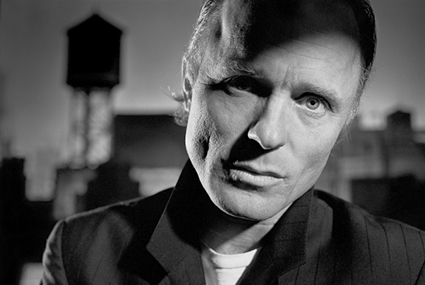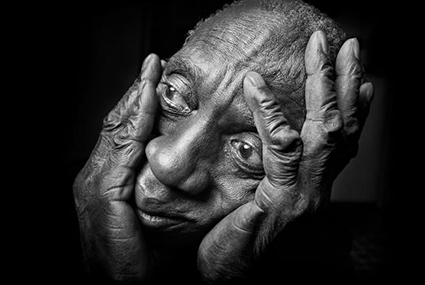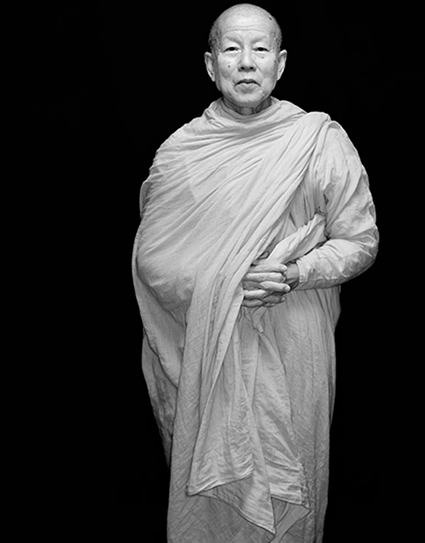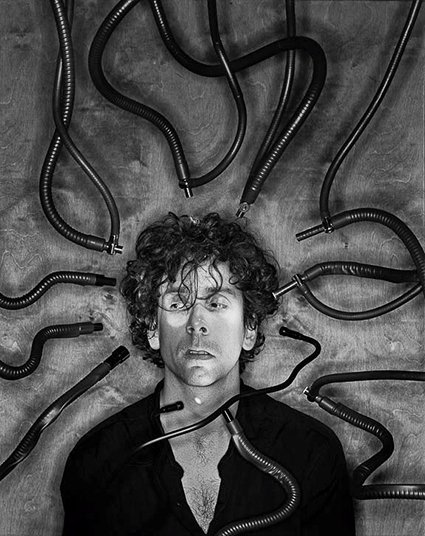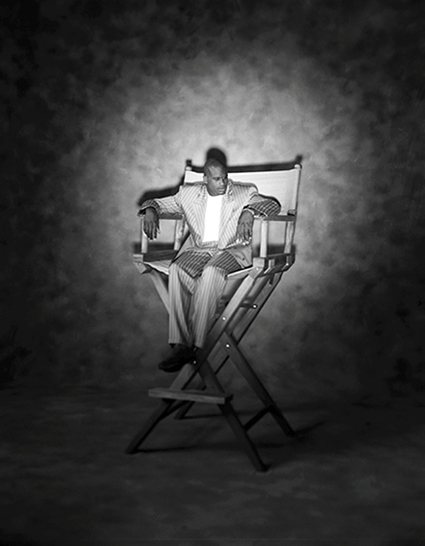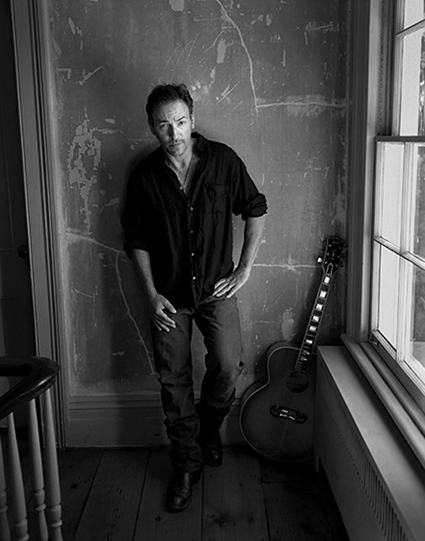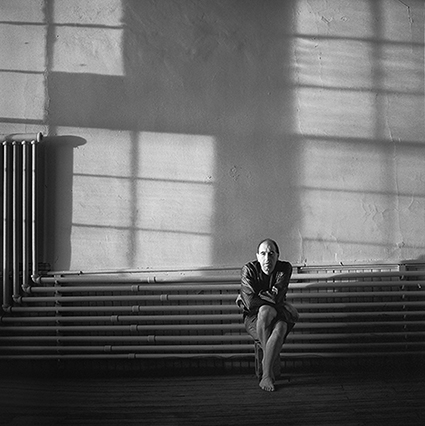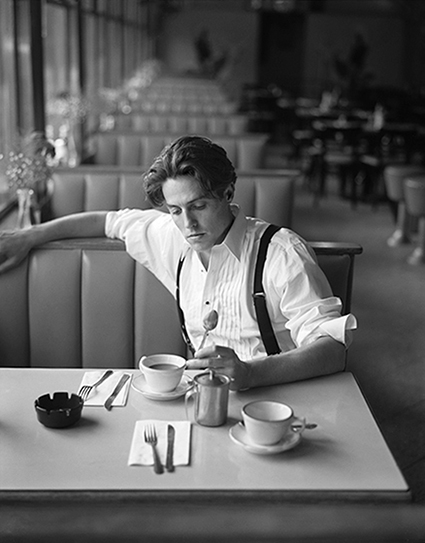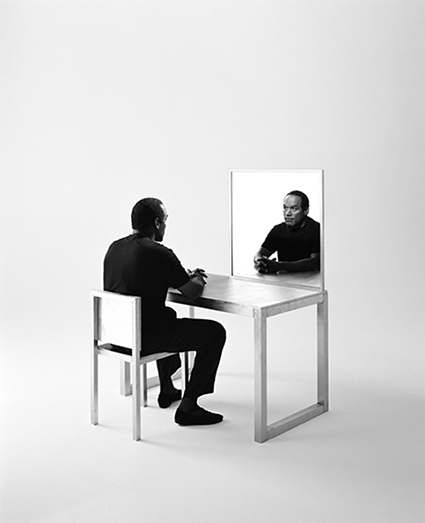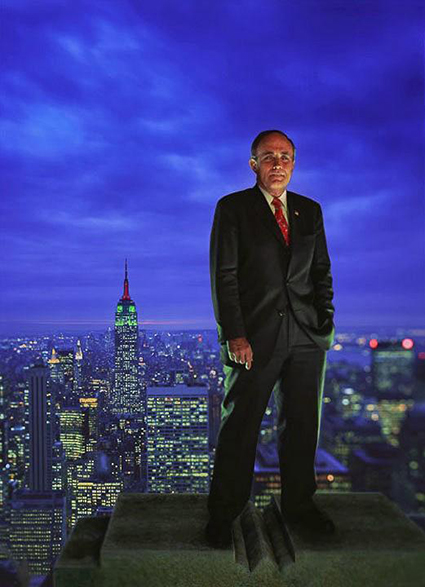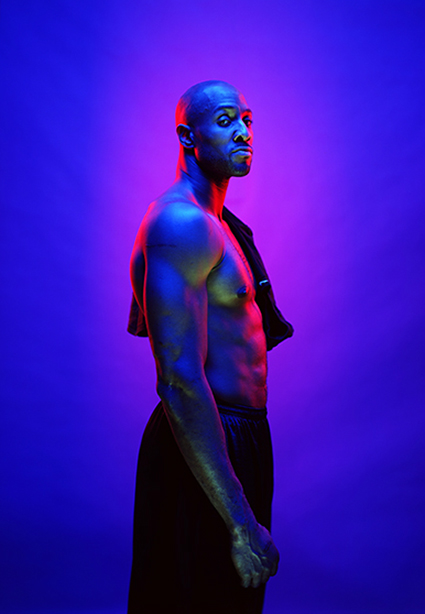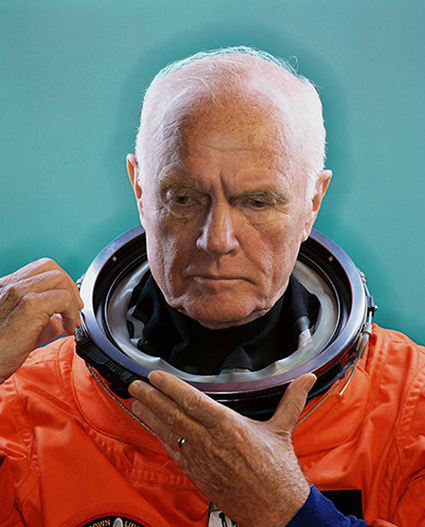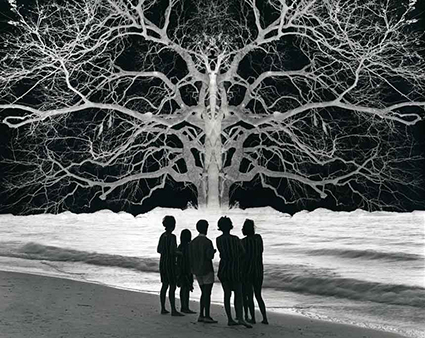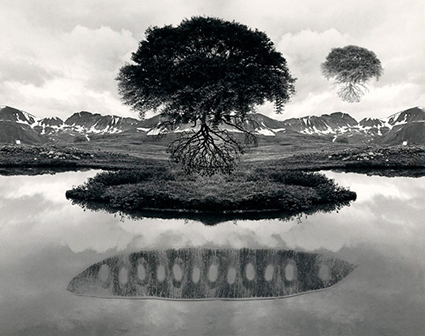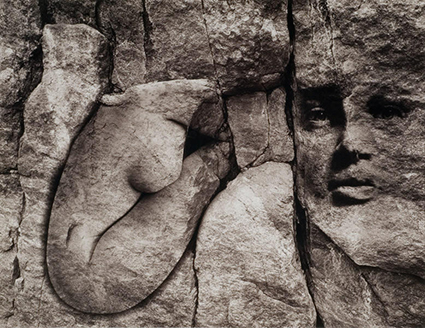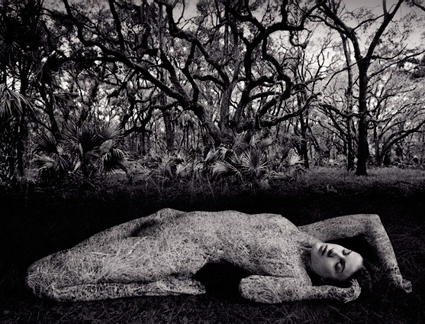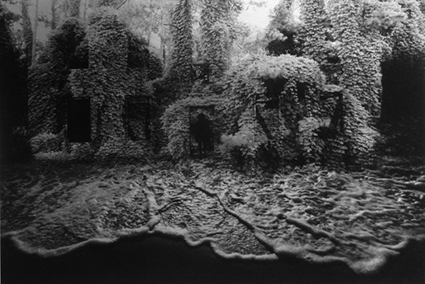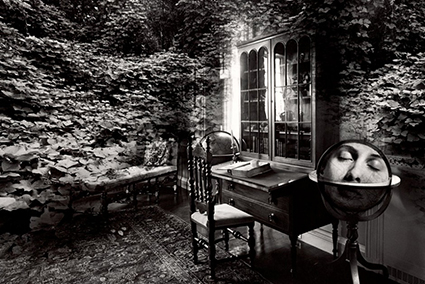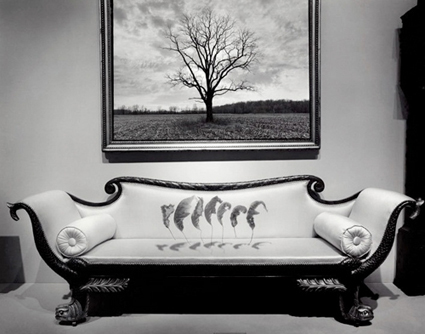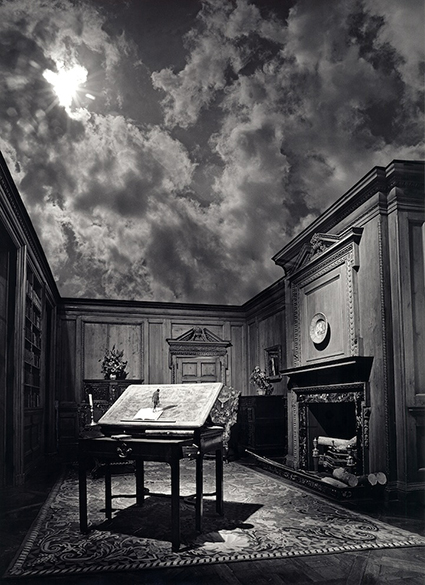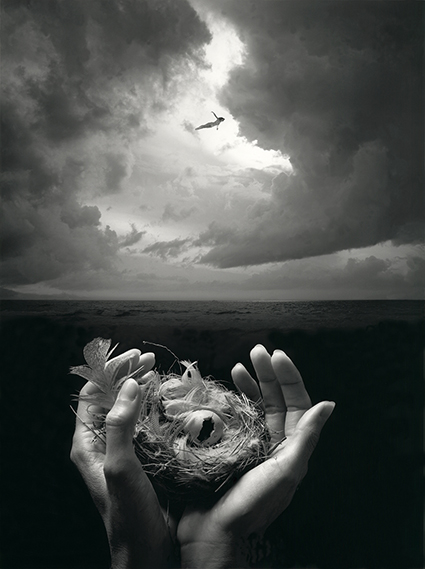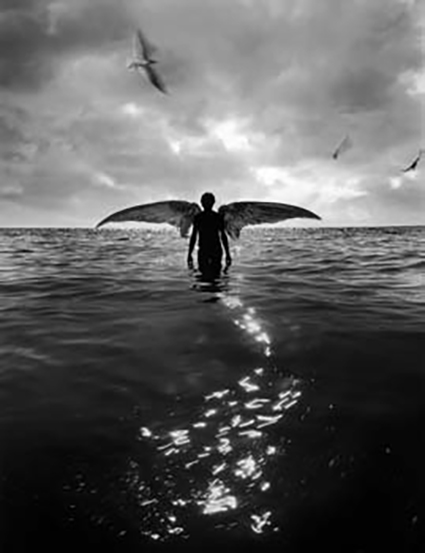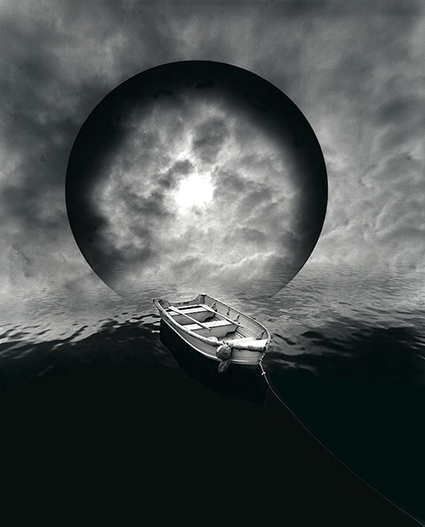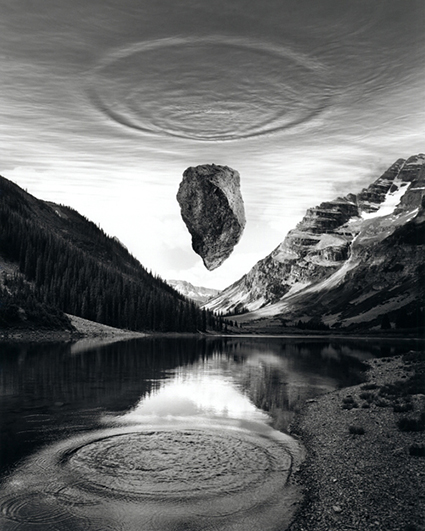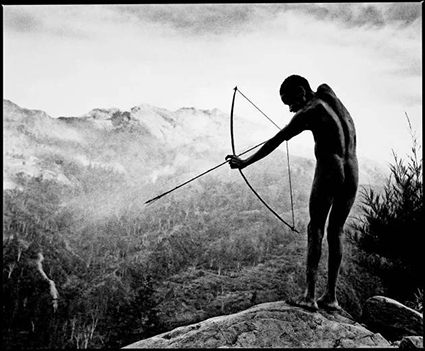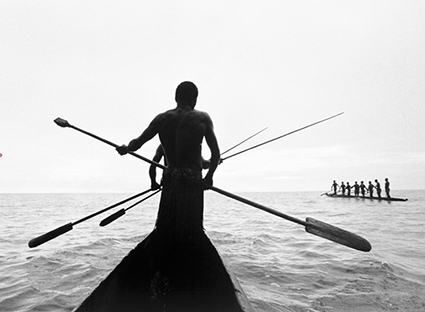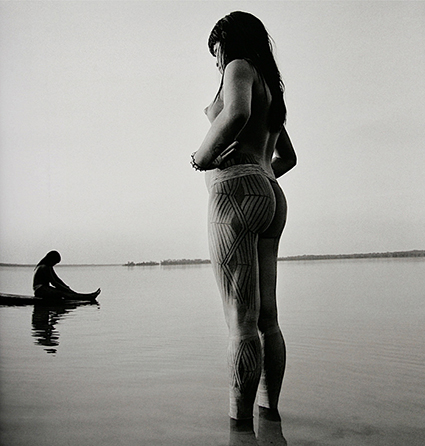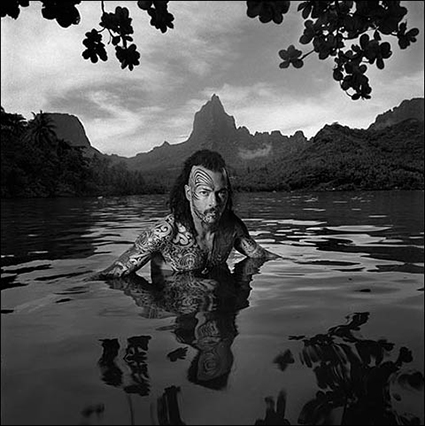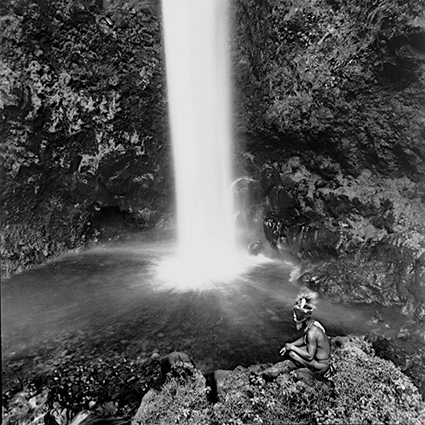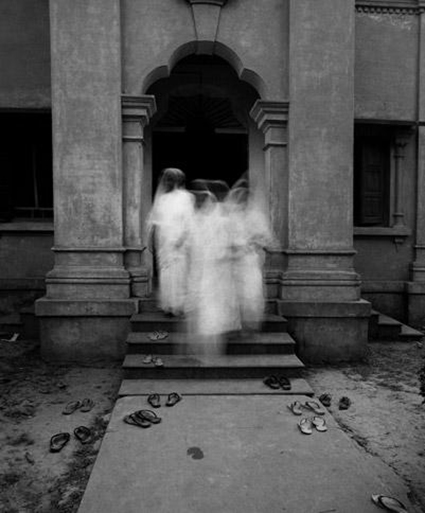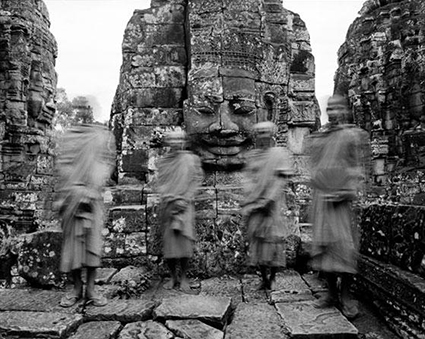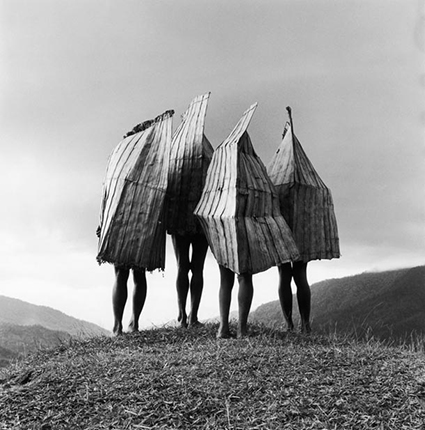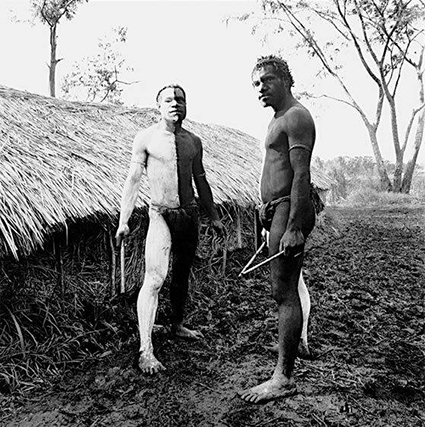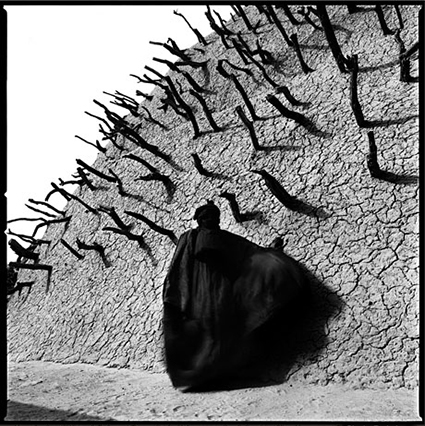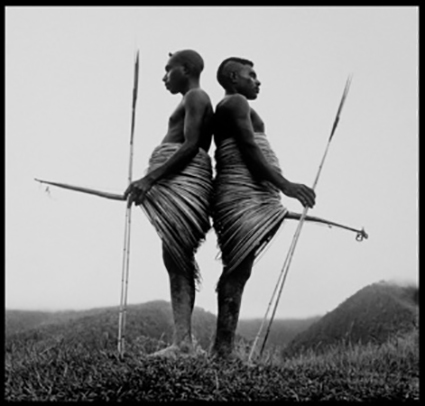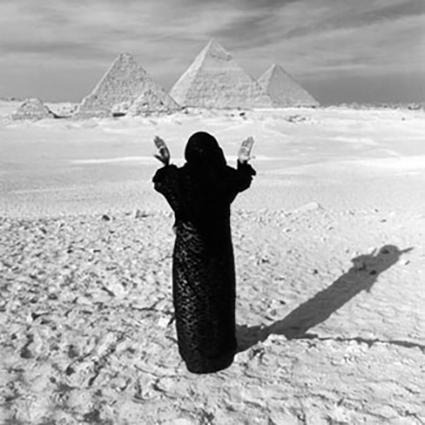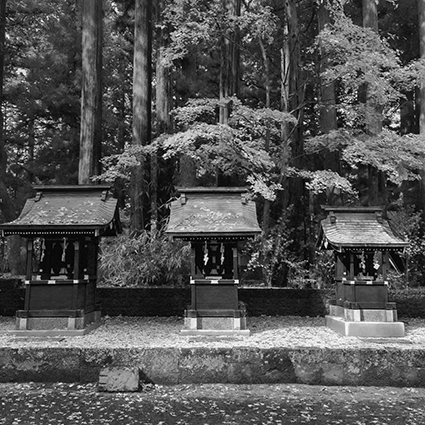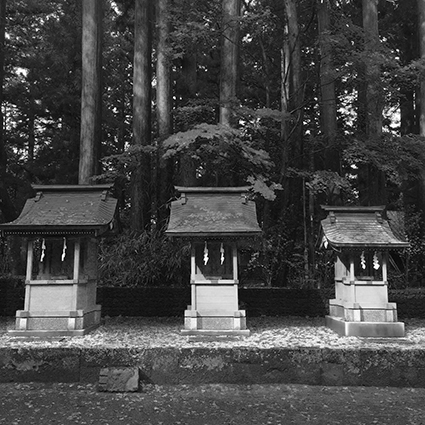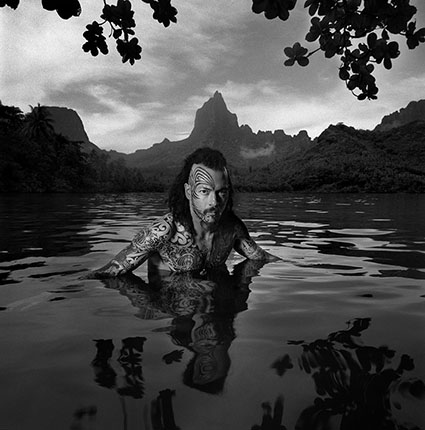
Enjoy this collection of quotes by photographer Chris Rainier.
Enjoy this collection of quotes by photographer Chris Rainier.
“I am a storyteller who uses a camera.” – Chris Rainier
“I always knew that I wanted to be involved in seeing and understanding from seeing around the world. Photography is a perfect way to do that.” – Chris Rainier
“We need to take a moment now and then to trade stories about what it really means to be a human being.”
“I am South African by birth, but because of my father’s job, our family traveled a lot. While living in places like Africa and Australia, we visited indigenous peoples. From the beginning, I carried a camera to document the beauty and wonder of these far-flung countries. I also realized many of these cultures were faced with issues I could not ignore. I understood at a very early age, things were not like they were represented in travel magazines.” – Chris Rainier
“Working with Ansel (Adams), what happened there for me was, “Oh, I could use photography as a social tool.” His use of photography for environmental issues was phenomenal.” – Chris Rainier
“We consider biological diversity of these different flora and fauna crucial to our survival, but don’t think about intellectual diversity — in fact, we kind of look at it in a global market level, wouldn’t it be great to have one language? Well, if all we’re doing is communicating about commerce, perfect. But what about diversity that comes up in a language. Each language has its own unique way of looking at things.”
“We are at a crucial crossroads of human history. We are losing traditional cultures with their ancient ways of life and spiritual beliefs at catastrophic rates … With my photography of the First Peoples of our fragile planet, I hope to show spiritual traditions from our past in the present, and become part of the process in some small way of helping prefer life for future generations. I believe photography plays a crucial role in helping sustain and revitalize cultures on the edge.” – Chris Rainier
“With my photographs, I hope to show the past in the present and become part of the process of pressuring life for the future. As our television sets carry us boldly about the world, and as the chainsaws fell the last trees that hide the lost peoples, we lose an essential mystery, and with it, the wisdom which may lie there. If we would be citizens of that world, then we must do all we can to ensure the survival of that world. As only one form of life on Earth, we must keep our humility and finally honor life itself. Once the fragile umbilical cord to our primal past has been severed, we will find ourselves truly alone, without purpose, adrift in a vast space with nowhere to go.” – Chris Rainier
“What would happen if you gave a camera to the Afghan girl in Steve McCurry’s iconic photo? How different would those photographs be? Not to replace the Steve McCurry’s, but rather to create another chair at the table of the dialogue of what it means to be human. It’s not an either/or. It’s not a good or a bad. It just simply is.There are voices out there that have incredible vision, and we aren’t accessing them enough.” – Chris Rainier
“There’s so many cultures that are still now not connected and are getting left behind in the digital divide. More and more, this is a world where you don’t exist unless you’re online, and you don’t have access to information to education to empowerment, to women’s issues, to job opportunities, unless you’re connected.” – Chris Rainier
“I have come to realize that the further I evolve as a photographer, regardless of where I point my camera, I am taking a self-portrait — a reflection of my own story, my own beliefs, my own point of view. Nothing more. Nor do I presume that where I point my camera and take a picture is a reflection of the absolute truth. There is no such thing as an absolute truth. All images merely reflect the emotion of the photographer and the opinion of the reviewer. As it is stated in photography, there always exists two individuals in every image, the artist and the observer, and their sets of beliefs and cultural biases.” – Chris Rainier
“We’re always told to be objective. Well there is no such thing as objective. There is no such thing. We all have an opinion. As visual storytellers we must form opinions therefore things become subjective and the more intense they become they become extraordinarily subjective. I think the powerful images in documentary and photojournalism, if not in other areas of our field, are the ones where people have taken a stance and made a subjective opinion.” – Chris Rainier
“It’s presumptuous of me to document this culture and call it a documentation. It isn’t a documentation, it is an interpretation of their culture.” – Chris Rainier
“I’m also really trying to be careful not to deal with stereotypes. I was most concerned that I didn’t perpetuate the myth about the savage cannibal. In part that’s why I didn’t go in the direction of National Geographic. They have a colonial approach to the exotic. I didn’t want to get into that. I wanted to try to be as honest about a culture as possible, which is never entirely possible, we always have our own cultural bias.” – Chris Rainier
“I couldn’t get a straight answer when I was with the indigenous people. So I came back, read about it, and went back again and again. The wrong thing that happens, in my mind, is that you’re so prepped on western scientific explanations for things that you’ll miss the point completely.” – Chris Rainier
“What I’ve learned along the way is you have to ask the right question to get the right answer. Often as westerners we go in asking western questions and maybe that’s not the question to be asked. You need to be asking the question in a New Guinea sense. In a sense of the relevancy of their culture not the relevancy of what we think it is. There’s a big difference.” – Chris Rainier
“What’s going on in contemporary anthropology, trying to empower indigenous people to tell their own stories and get a more accurate story to tell other cultures.” – Chris Rainier
“The minute an indigenous culture becomes aware of its value to other cultures it shifts its tone and its perspective.” – Chris Rainier
“There are many examples of where they’re being overrun. But there’s power in information and there are enough organizations like Cultural Survival, Conservation International, Shaman Pharmaceutical. Shaman Pharmaceutical is actually going into the forest and documenting what the shamans are using but they are also linking up the shamans so they can talk to each other. So there are shamans in Borneo talking to shamans in the Amazon, ‘Hey what kind of leaves do you use?’ I think technology is being used in a constructive way to help people preserve their cultures.” – Chris Rainier
“They’re going to be able to hold onto their land and cultural beliefs. You take them out of that context and they’ve lost their roots, they have lost their sense of being nourished. That’s exactly what we’ve lost.” – Chris Rainier
“There are may be questions that we should never find the answers to. You know, in a world that quantifies everything. And this is what I wrote about in one of those essays in the New Guinea book. I hiked through this valley for a couple of weeks, and went through this valley of leeches, and got to the edge of this community, and this valley where this community lived, and the warriors met me – they knew that I was coming – and they said, ‘No. We are not going to let you in. We’re not allowed to let you in.’ I was upset. I was frustrated. I had spent all that time and energy and money to get there. And then after a day or so of spending time on the outer perimeter of this valley with the warriors who were very kind to show me around on the fringes, I got it. It’s good to know that there are places that are untouched, unmapped, not understood, and not quantified because then it still allows us to have the concept of the mystery of life. Once science takes over it quantifies everything, then we’re done for.” – Chris Rainier
“How do you put a value on art? How do you put a value on a little kid who comes wandering through here, and has a shift in his perspective, and is profoundly affected, and becomes the next Picasso or the next President of the United States. It’s these things you can’t put quantitative values on. You can’t do that with art, you can’t do that with indigenous cultures. It’s my belief that it is indigenous cultures that still have family values and a sense of connection between them, the land, and the spiritual connection of all things. That is the greatest gift they can give to us. There are some gifts that we can give to them – certainly medicine and technology to preserve their culture, video or email or the internet. What they need to give to us is a sense of what we have already lost. I think they are really our last chance to reconnect. I think people are appreciating these kind of cultures more and more because they see the differences – what we don’t have and what they do.” – Chris Rainier
“I’d like to touch upon that thing that completes the circle. That’s the documentation of some of these emotional social issues in the world and how it’s for me an important necessity, as much as doing sacred places. It is the yin and yang, the extreme corners of human experience from the Garden of Eden, still left on the planet, to the Dante’s Inferno of places like Sarajevo, Rwanda, or Chechnya for here lies the mysteries of man’s inner light as well as his inner darkness. This truly makes this work complete. As a photographer I’m curious to go into these extreme corners and put them on film.” – Chris Rainier
“I’m trying to create that sense of the spiritual reason why these places or these masks exist.” – Chris Rainier
Read my conversation with Chris Rainier.
View 12 Great Photographs By Chris Rainier.
Watch Chris Rainier’s TED talk.
Visit Chris Rainier’s website.



